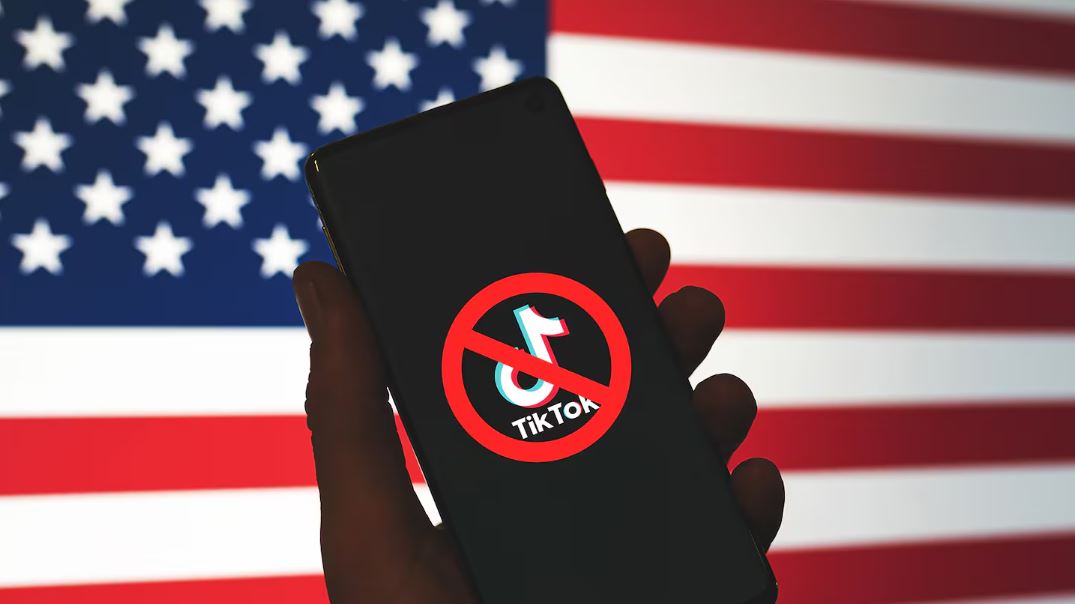The law that will ban TikTok in the United States if it does not cut its ties with ByteDance—and therefore with China— has been approved. Yesterday, President Joe Biden signed the 21st Century Peace through Strength Act, a package of regulations that includes the Protecting Americans from Foreign Adversary Controlled Applications Act, which is informally known as the “TikTok Act.”
The legislation establishes that ByteDance, the parent company of the social network, has 270 days – about 9 months – to complete the sale of the US version of TikTok. If it does not do so, it will be blocked and will stop working in the North American country. The popular video app has not hidden its anger and has promised to take the battle to court, as it considers the law to be unconstitutional.
Both representatives and senators have recognized that the law does not really seek to block TikTok, but rather its sale to a local company to break its ties with China. With 170 million users in the US alone, already aware of the importance of reaching young audiences in an election year that is already very heated, Democrats and Republicans are clear that the platform is an extremely necessary way to attract a key core of potential voters.
The fact of the matter is that a TikTok sale today is practically impossible to achieve. Not without significant changes and limitations, to say the least. Not only because ByteDance refuses to do it and sees it as an option of last resort, but also because China is not going to allow it either.
That is why here we will review everything you should take into account about the conflict between TikTok and the United States, and what options the social network is considering to resolve this situation.
Approval Required from China for TikTok Sale
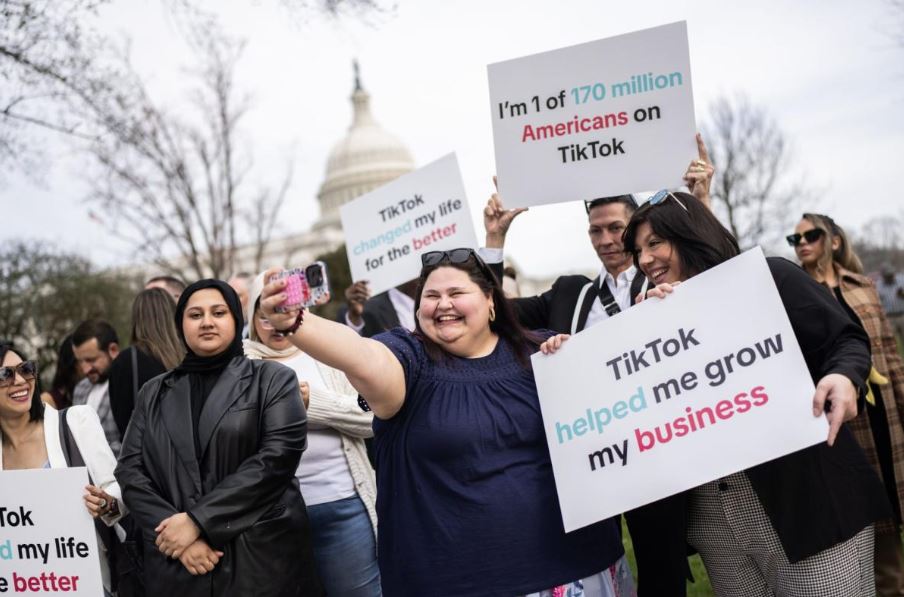
ByteDance, the parent company of TikTok, is a company founded and based in China, although it is registered in the Cayman Islands. The sale or merger of the company, or any of its subsidiaries, must receive approval from Chinese regulators. Given the current situation, it is logical to think that this approval will never be granted.
It is worth mentioning that TikTok has four main entities responsible for its operations in different parts of the world: Singapore, Australia, the United Kingdom, and the United States. If the law forces ByteDance to sell the American leg of TikTok, this cannot happen without first receiving approval from China.
“The problem is that the Chinese government is unlikely to approve these types of forced mergers and acquisitions. Any type of purchase or divestiture and merger with another company would have to be approved by the Chinese government, which would probably reject it. And it is probably already warning ByteDance that it will not allow it,”
analyst Paul Triolo explained to CNBC.
However, the issue is not limited to business; the most contentious element is technological. We are talking, of course, about the TikTok algorithm. Richard Windsor, from Radio Free Mobile, provided an interesting analysis where he indicated that China will not allow this technology to reach foreign hands since it was developed in its country and plays a crucial role in its national security.
This is what the analyst stated:
“TikTok is a popular app because the algorithm ByteDance created is the best in the world at characterizing videos and then matching those characteristics to users who will enjoy watching them.
This algorithm is China’s own technology, and the Chinese State has said on multiple occasions that it considers technology like this important for its national security. Therefore, it will not allow Chinese technology of this nature to leave its shores or be in the hands of countries it considers hostile.
“This makes severing ties between ByteDance and TikTok USA very problematic, as TikTok USA needs the algorithm to function, but this will contravene the wishes of the Chinese government and the laws it has implemented.”
Richard Windsor
Darts Thrown Between China and the US
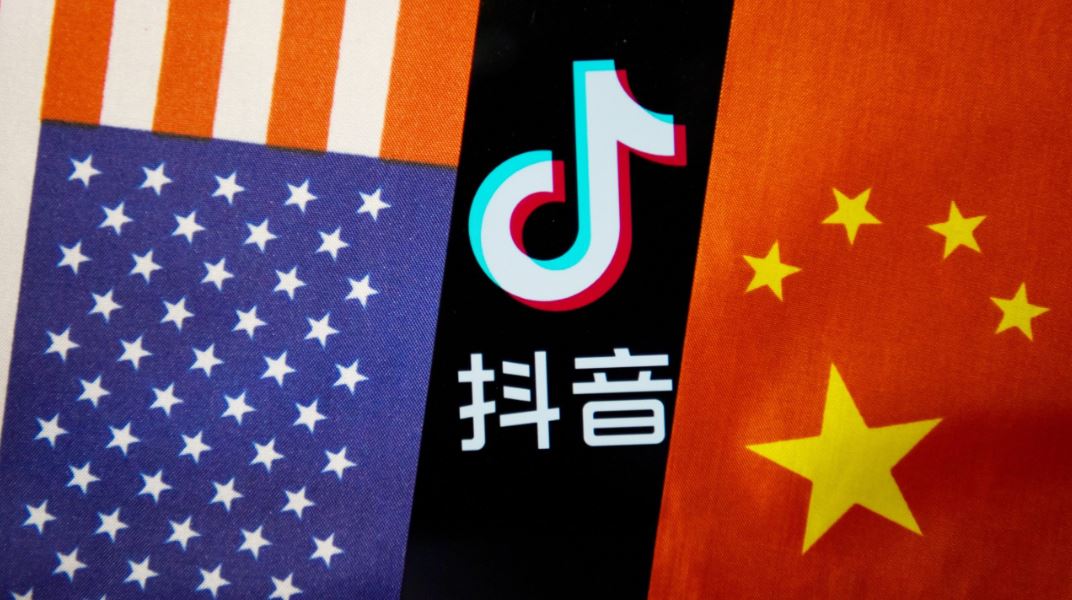
When the United States partially sanctioned the first version of the “TikTok Law” last March, China did not remain silent. The Ministry of Foreign Affairs of the Asian giant accused the Americans of “abusing state power” against ByteDance, while a spokesperson maintained that Congress and the White House were attempting intimidation.
“If the pretext of national security can be used to arbitrarily suppress excellent foreign companies, there is no fairness or justice to speak of. Everyone can clearly see that this is bullying behavior and amounts to the logic of theft,”
they indicated from Beijing, as reported by NBC News.
With this panorama, a direct solution to the TikTok conflict in the United States sounds unfeasible. The approval of the law has been only the first step in a story that promises to be dramatic and that will likely extend beyond the timelines established by the regulations.
Options for ByteDance and TikTok
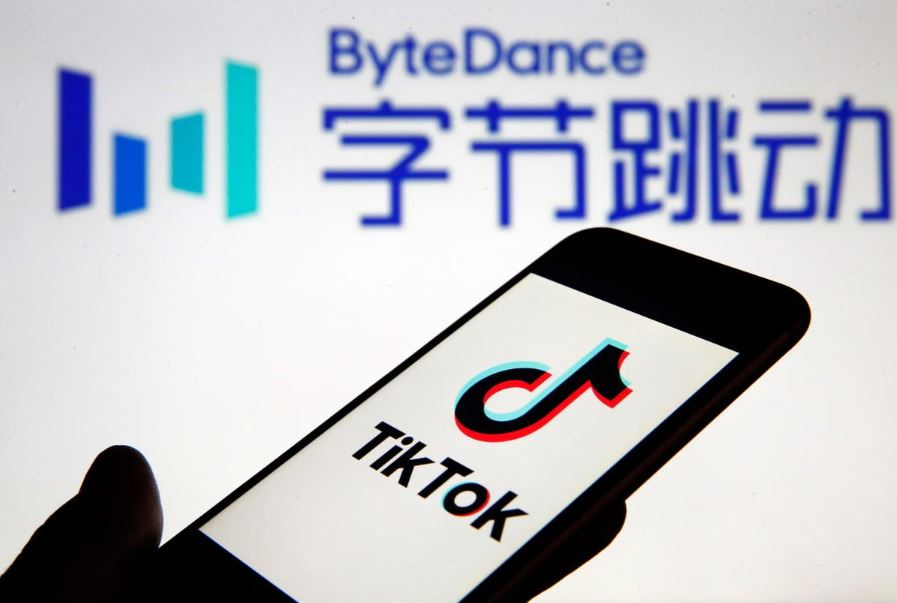
The landscape of ByteDance and TikTok in the United States is extremely complex. The video app faces a serious risk of being banished from one of its most important international markets. As indicated at the beginning, the platform boasts more than 170 million monthly users in that country alone.
TikTok has not only become a reference site for young people and influencers but also for merchants. Bloomberg reports that between June and October 2023, downloads from the TikTok Shop Seller Center in the US practically quadrupled, a clear sign that entrepreneurs are turning to the social network to reach new customers.
ByteDance has campaigned for TikTok users to make their displeasure about the app’s possible ban known to representatives and senators. However, the effort has not paid off. Although they still have some options up their sleeve, and they are as follows:
Proving the Law is Unconstitutional
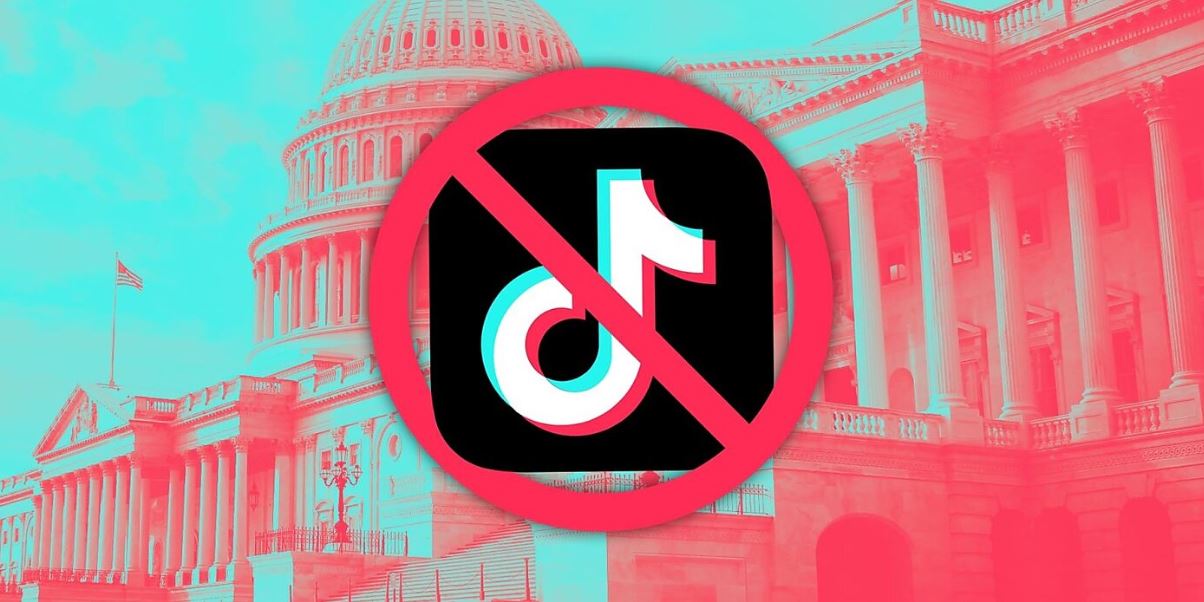
After Joe Biden’s signature, TikTok returned to the fray, asserting that the new law is unconstitutional and stating its plans to go to court to challenge it. On X (Twitter), the ByteDance platform was forceful:
“We believe the facts and the law are clearly on our side and we will ultimately prevail. The fact is, we have invested billions of dollars to keep American data secure and our platform free from outside influence and manipulation. This ban “It would devastate seven million businesses and silence 170 million Americans.”
Our Statement on Enactment of the TikTok Ban:
This unconstitutional law is a TikTok ban, and we will challenge it in court. We believe the facts and the law are clearly on our side, and we will ultimately prevail. The fact is, we have invested billions of dollars to keep U.S.…
— TikTok Policy (@TikTokPolicy) April 24, 2024
According to ByteDance, the TikTok ban violates users’ freedom of expression, which is guaranteed by the First Amendment of the United States Constitution. The Chinese company has history in its favor: in 2023, Montana passed a law blocking the social network. However, the company and content creators filed lawsuits under the First Amendment and managed to persuade the judge in charge of the case to halt the veto before it came into effect.
Awaiting Donald Trump’s Return to the White House
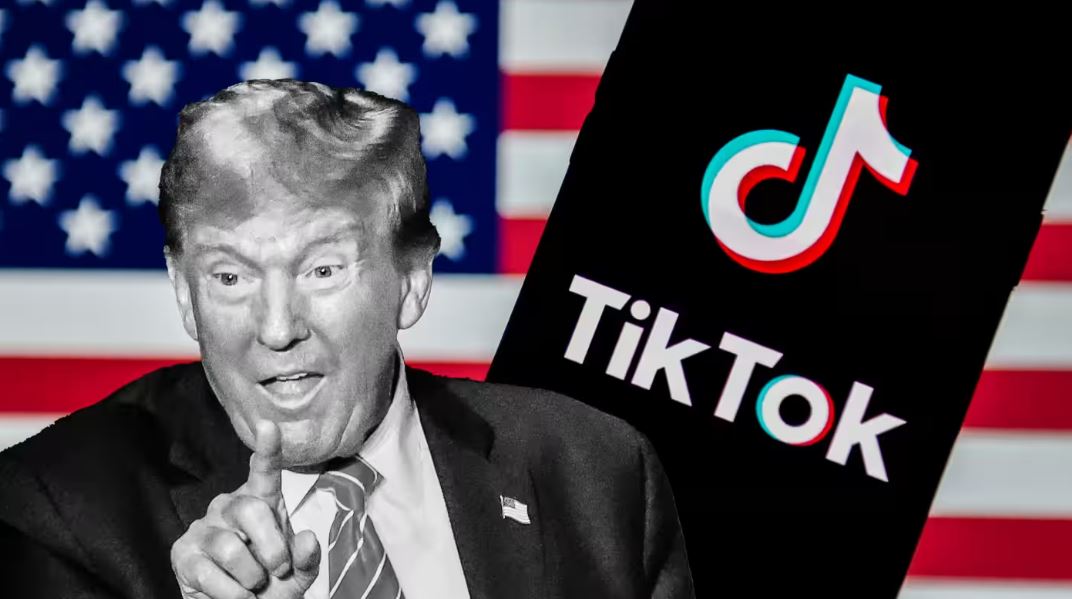
This sounds quite contradictory, and to some extent it is. In 2020, Donald Trump signed a presidential decree blocking TikTok, but federal court intervention prevented its implementation. The curious thing is that, now, the former president has spoken out against the ban of the ByteDance app.
Recently, the businessman asserted that vetoing TikTok would benefit Mark Zuckerberg and the Meta platforms (Facebook and TikTok), which he classified as the true “enemies of the people.”
If the court battle against the new law drags on long enough to prevent the block from taking effect under the current administration, ByteDance could have an extra lifeline at its disposal. If Trump defeats Biden in this year’s presidential election, his return to the White House could help prevent the blockade from taking effect, as long as the Republican candidate does not change his position again regarding TikTok, of course.
Sell TikTok, yes, But Without Its Algorithm
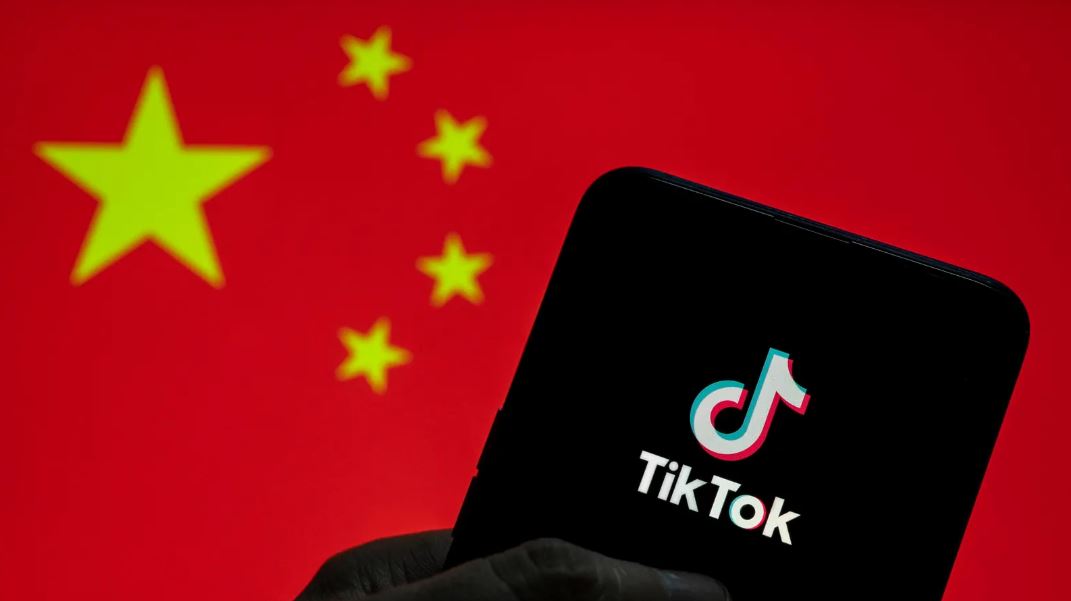
ByteDance does not want to sell TikTok, and that is clear. The company would see this alternative as a last resort and could move forward with it only if potential buyers accepted one condition: that its recommendation algorithm would not be included in the transaction.
TikTok today is valued at more than $280 billion, but it is very difficult to put a specific price on its US business. According to The Wall Street Journal, estimates of a hypothetical sale value vary widely, ranging from $20 billion to $100 billion.
Will anyone be willing to put up such amounts of money for a version of TikTok without its characteristic algorithm? There is no shortage of candidates, but, as the old saying goes, “from word to deed, there is a long way.”
The Potential Candidates
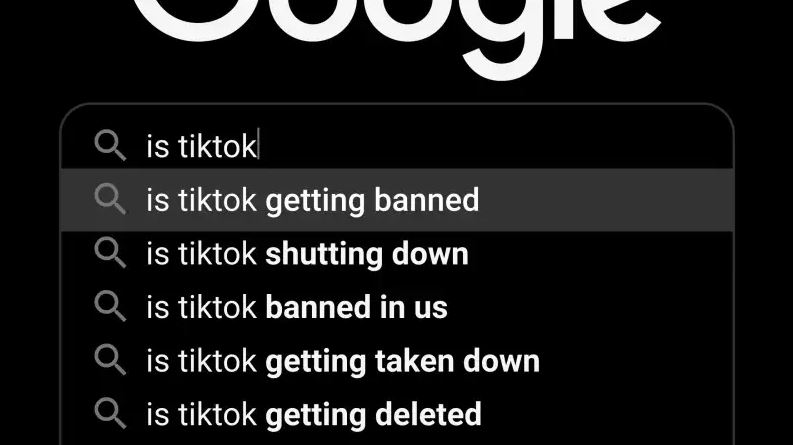
Bobby Kotick, the former CEO of Activision Blizzard, has been named as one of those interested in buying TikTok. The former leader of the video game industry reportedly contacted Zhang Yiming, co-founder of ByteDance, to inquire about an approximate price. Additionally, he purportedly sought to enlist potential partners to join him on this venture, including Sam Altman of OpenAI.
Steven Mnuchin, former Secretary of the United States Treasury, also stated his intention to form a group of investors to acquire the social network. He emphasized, “The legislation should pass, and I think it should be sold. It’s a big business, and I’m going to form a group to buy TikTok. This should be owned by American companies. There’s no way the Chinese would ever allow an American company to own something like this in China.”
Kevin O’Leary, a billionaire well-known in the US for the TV show Shark Tank, is another individual willing to make an offer.
“It’s the largest business and entertainment network in the United States as it stands today, so it’s of great interest and great value,”
he told CNBC in March.
O’Leary expressed his willingness to invest between $20 billion and $30 billion to purchase TikTok without its algorithm, which he suggested could be replicated through the ingenuity of North American programmers.
The outcome of this story remains a mystery, obviously. The “TikTok Law” has already opened the door to one of the most shocking soap operas in recent history within the technology sector, and there is still much to be said about it.

